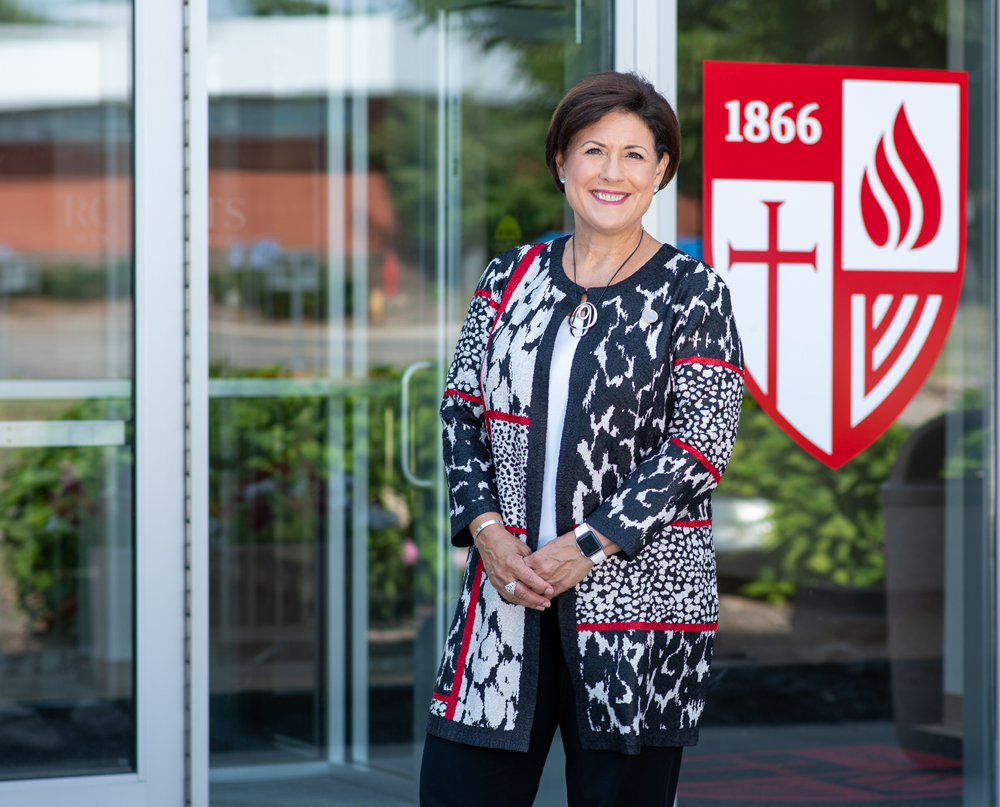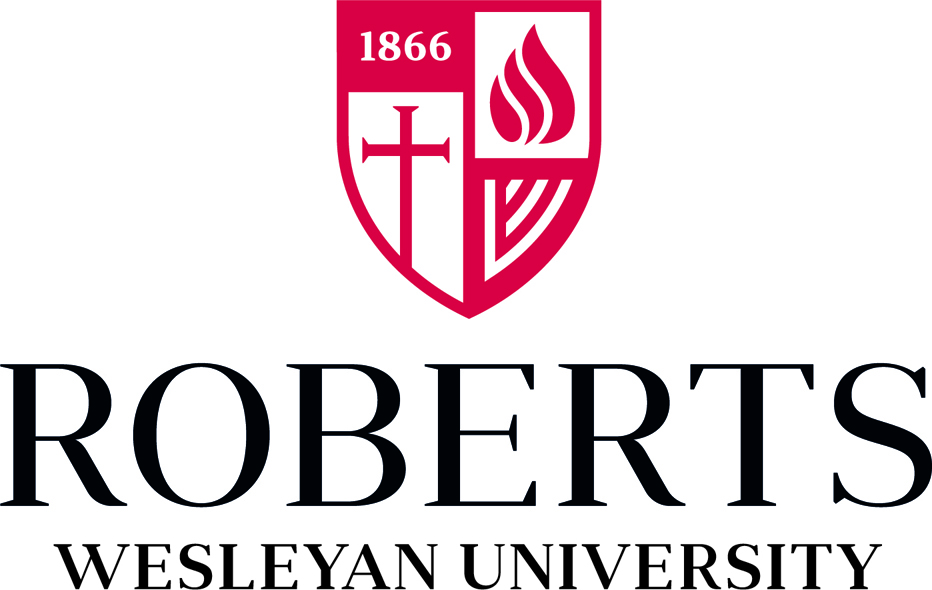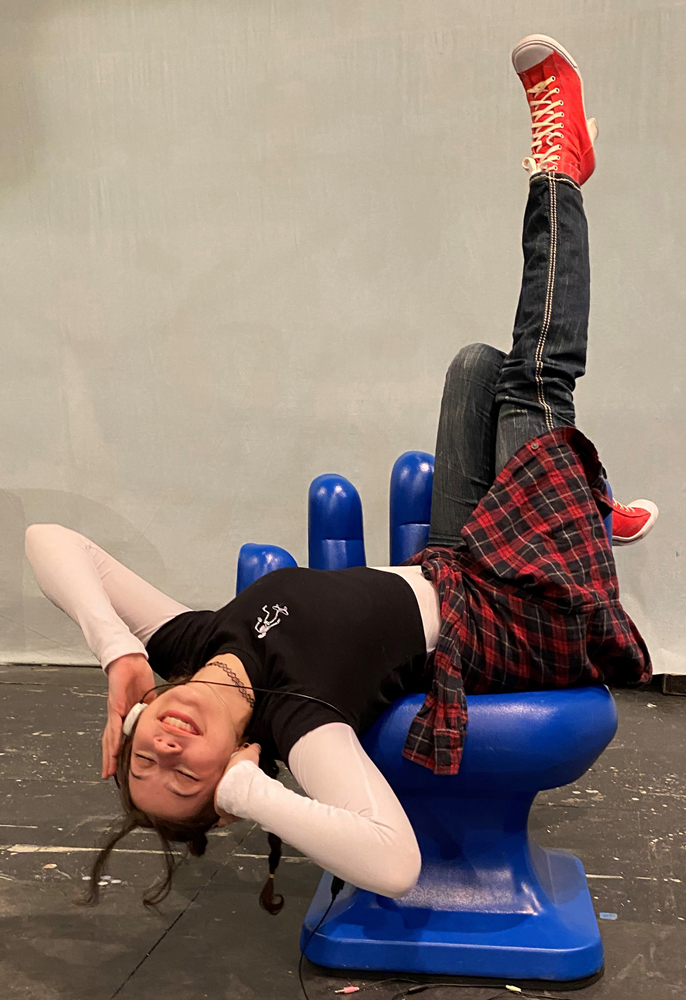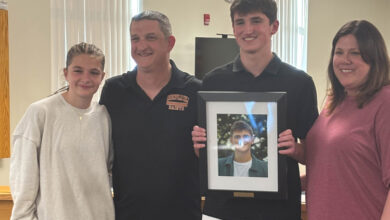Roberts Wesleyan College becomes Roberts Wesleyan University

On September 13, President Deana L. Porterfield announced the college’s transition to Roberts Wesleyan University, effective immediately. The new institutional name, which was endorsed by the New York State Board of Regents following a successful petition to elevate the college to university status, signifies the culmination of decades of strategic program development and reflects the vision of the future of the institution.
“Since our founding by B.T. Roberts in 1866, we have been compelled by a mission to provide a Christ-centered education that transforms students, communities and society. That mission has not changed, and today we are excited by the new opportunities and recognition that come with university status,” President Deana L. Porterfield said. “Now we move forward with more flexible options to serve our students; with focused vision, and with courageous optimism in meeting and engaging the challenges of higher education in today’s world.”
Roberts Wesleyan has held many institutional names in its 157-year history, beginning as Chili Seminary in 1866 and later becoming A.M. Chesbrough Seminary (1885), Roberts Junior College (1945), Roberts Wesleyan College (1949) and now Roberts Wesleyan University. Northeastern Seminary, a private Wesleyan seminary founded in 1998 and located on the North Chili campus, will also update to Northeastern Seminary at Roberts Wesleyan University effective immediately.
Roberts Wesleyan’s qualification as a university follows a New York State Board of Regents decision in January 2022 to amend the definition of “university,” requiring higher education institutions to provide “registered undergraduate and graduate curricula in the liberal arts and sciences, including graduate programs registered in at least three of the following discipline areas: agriculture, biological sciences, business, education, engineering, fine arts, health professions, humanities, physical sciences and social sciences.” The institution identified 26 masters and two doctoral programs to qualify for university status.
The bestowment of Roberts Wesleyan’s university designation reflects a legacy of strategic and intentional institutional advancement. The school offers a broad range of more than 90 undergraduate, graduate and adult degree-completion programs across disciplines in health care, education, business, social sciences and other areas. Through the addition of two innovative doctoral programs in clinical/school psychology and occupational therapy, Roberts meets the needs and interests of a growing population of more than 1,600 students. Roberts’ plan is to continually research and add new, high-quality programs and curricula to address growing workforce needs in specific industries that enable the institutions’ network of more than 20,000 alumni to compete in an ever-evolving job market.
“Roberts has been a positive force for good for over 150 years,” said Kip Palmer, CEO of the Palmer Family of Companies and Board Chair of the University. “This change simply affirms what has been true of the institution for many years. Our Mission, through the impressive portfolio of programs and degrees, can be seen in the lives of our over 20,000 alumni living and serving in the Greater Rochester area and around the world.”
With the investment in the change to university, Roberts Wesleyan hopes to establish broader networks in the Greater Rochester area and beyond through Corporate Partnerships and The Community Institutes. The latter will be housed in the new 25,000-square-foot Golisano Community Engagement Center following the completion of the $15 million Connect the Community Capital Campaign and construction of the building in 2023. Through those relationships, Roberts Wesleyan will provide students with more experiential learning connections, such as internships, clinicals, student teaching and research opportunities.
“Our graduates will lead with courageous optimism and use their faith, conscience and character to bridge the tensions and influence the most profound issues of our time. This is the legacy our founders left for us – a commitment to impacting society for Christ and a transformation both individually and as an institution,” said Porterfield. “By connecting their head to their hearts and engaging their hands in service to others, our graduates can make a difference in a way that is generous, gracious, welcoming and anchored – as Roberts Wesleyan University.”
Roberts Wesleyan will commemorate its university status with students, faculty, alumni and friends during homecoming week celebrations. For more information about Roberts Wesleyan University or to view frequently asked questions, visit http://roberts.edu.
Provided information




